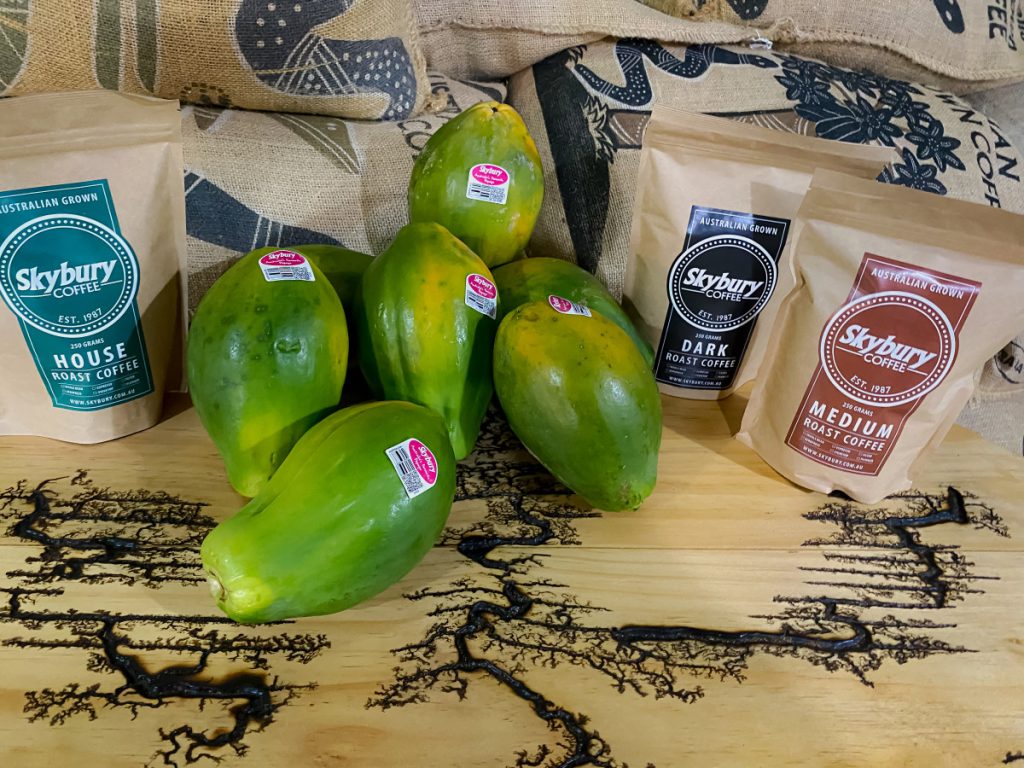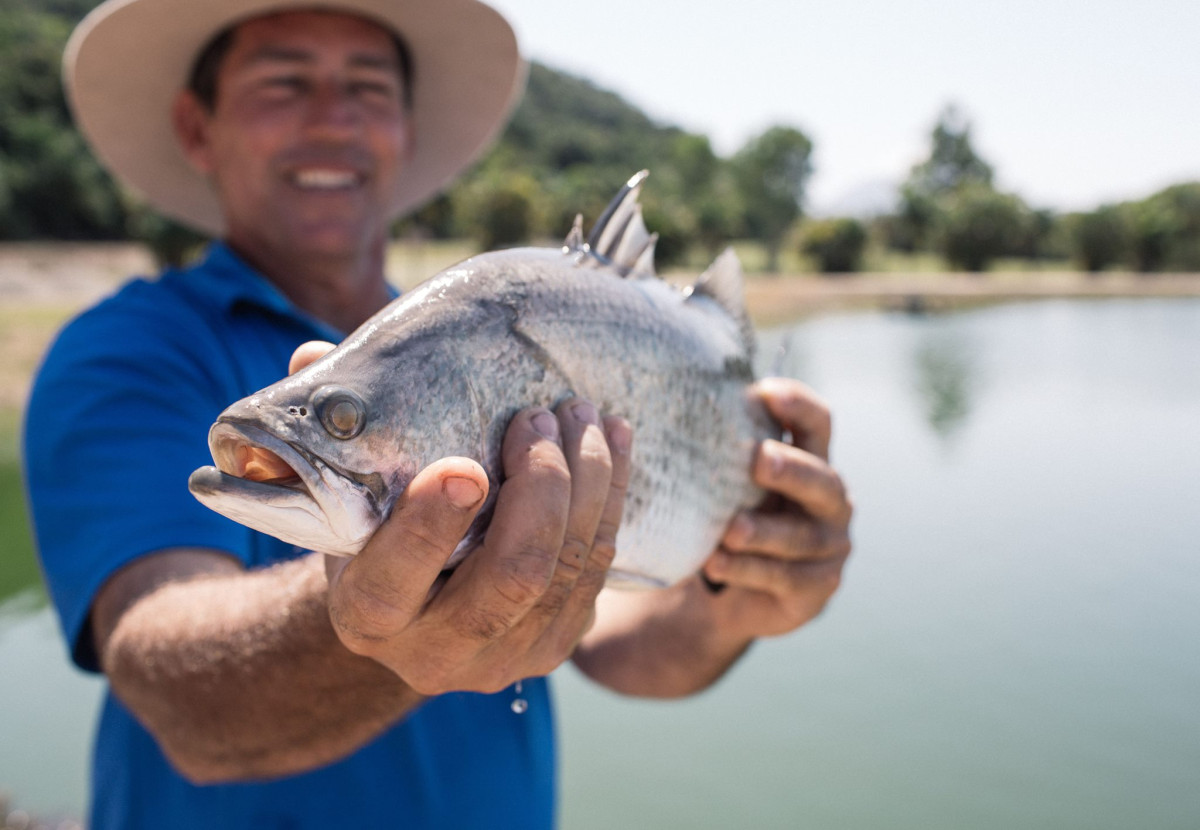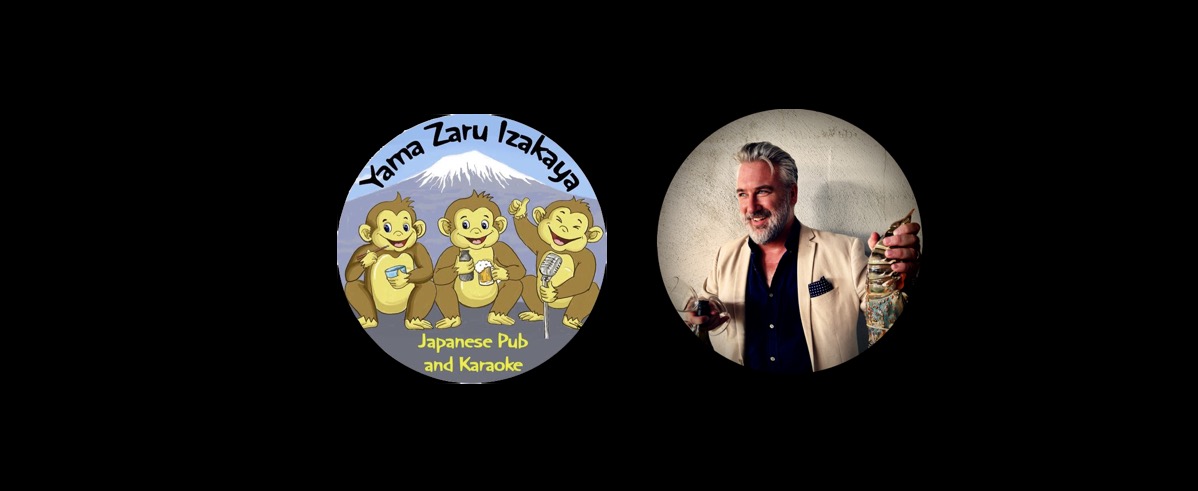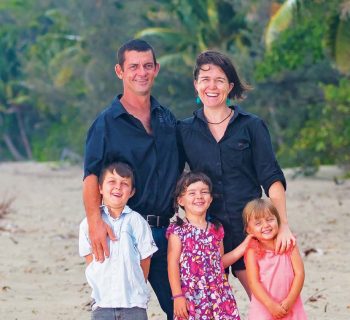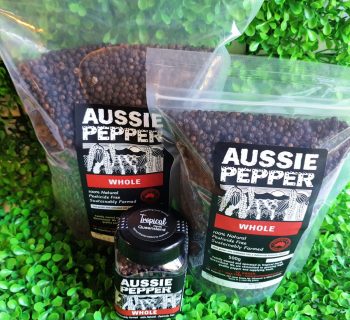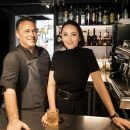Inspired by papaya
While people generally think farming is about preparing the soil, planting crops and then harvesting them to supply to the market, Skybury’s general manager Candy McLaughlin knows there’s a great deal more involved in farming today.
“I think farming and business in some ways are like polar opposites in people’s mindsets,” she says. “There is still this natural tendency for people to think of tractors, earth, soil and tilling as farming, but I think farming is more like innovation, pursuit, work.
“It is still a business, but farmers have to be innovative even if it’s down to things like the fertilisers they apply or how they apply their water and when. They also need to diversify.”
Skybury, well known as being the first commercial coffee plantation in Australia when it was established in 1987, grew into a popular tourism destination after the opening of its cafe and roastery in 1996. At the same time, the plantation started growing red papaya and becoming the country’s first commercial red papaya plantation, not only selling papayas but creating products made with the juicy fruit.
What many people don’t know about Skybury is the amount of research and development done on the farm through its on-site laboratory, facilities and highly skilled staff.
“We are one of the first farms in Australia to grow tissue culture for papaya,” Candy says, explaining that it ensures a secure and ongoing supply of papaya. “Seeds take years to breed and develop, whereas if you can take tissue culture to start the plant, it speeds up the process.
“It also allows for much faster research and development. We actually took papaya down to a singular cellular level and then rebuilt the plant. It’s not genetic modification. It actually gives you a true plant every single time.”
Nursery manager Bongani Ndawana won a 2022 Rod Tallis Youth Award at the International Plant Propogator’s Society’s annual conference for his contribution to Skybury’s tissue-cultured papaya. The research and development by Skybury scientist Dr Jose (short for Dr Puthiyaparambil Josekutty) is expanding this science beyond papaya to other plant materials.
“There is a shortage of plant material in some lines like jackfruit,” Candy says. “So, if Dr Jose can bring them back into the tissue-culture laboratory and help get them growing faster, we can then supply other plants.
“We are also looking at how else we can help the industry with disease management and resistance.”
Skybury has helped develop a test to determine whether a papaya plant has sticky sap disease, which has wiped out crops before.
“There was no mechanism available in Australia to test your plant material for the virus,” Candy says. “We worked with RMIT university to develop a test that would be able to identify whether that virus was in your plant material or not.”
Candy explains that it took almost a year to discover the virus lived in the sap, even if it wasn’t in the plant itself. They discovered it would spread easily when a tractor would break a leaf and the sap got onto the tractor and spread to the next tree and infected it.
Skybury’s next plan is to work on disease resistance.
“If we can generate plants that are disease resistant, then there are fewer chemicals used and more longevity in the field,” Candy says. “And what we hope is that the principles we use can apply to many different crops.”
